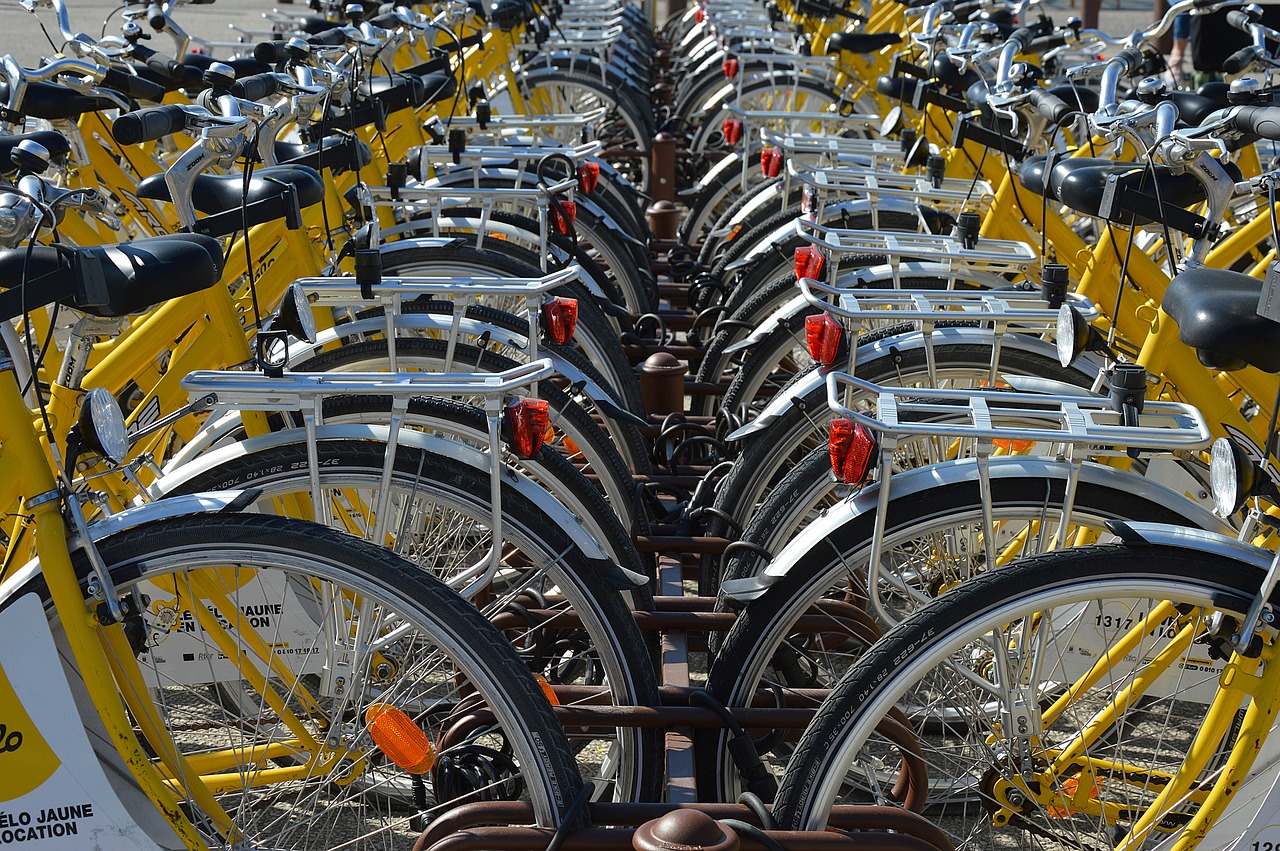EEA reports on urban sustainability in Europe, co-authored by CEP, are now published.
The European Environment Agency (EEA) has published today two assessments on urban environmental change. These explore how European cities have the potential to lead the way towards a green, sustainable future.
CEP has been supporting the EEA’s work on urban sustainability in Europe since 2017. This has been undertaken as part of the CEP-led framework contract which provides assistance on forward-looking analysis, sustainability assessments and systemic transitions. The two reports that the EEA has published today were co-authored by CEP with our partners LSE Cities:
Urban Sustainability in Europe – Opportunities for challenging times – While the full impact of the COVID-19 pandemic is still being assessed, it is already clear that cities currently face a triple challenge of tackling the health impacts of the pandemic, dealing with the climate and ecological emergency, and addressing social and economic inequalities. This EEA briefing focussing on the huge challenges cities have faced trying to shift to a greener future in the wake of the COVID-19 pandemic.
Urban sustainability in Europe – What is driving cities’ environmental change? – This EEA report explores work on what could make up a benchmark on how cities evaluate key drivers of and barriers to urban sustainability transitions. It is based on a survey and interviews with selected European cities.
Conceptual framework for urban environmental sustainability:
The EEA has developed an overarching conceptual framework for urban environmental sustainability to provide the basis for future assessments. The conceptual framework is based on four main components: lenses; context; enabling factors; and building blocks.
The briefing and report are part of a series of products the EEA will publish over the coming months on urban environmental sustainability authored by CEP. Future work will include a flagship report on urban environmental sustainability setting out the EEA’s conceptual framework and summary of analysis or urban nexuses focusing on climate resilience, quality of life, accessibility, healthy environment, food security, circularity, clean energy and sustainable buildings at urban level.
Upcoming report and outputs:
Urban sustainability in Europe – A stakeholder-led assessment process
Urban sustainability in Europe – Avenues for change
Urban Sustainability in Europe – Learning from nexus analysis
Urban sustainability in Europe – Glossary of key terms and concepts
For further information please contact Ric Eales (Managing Director)





